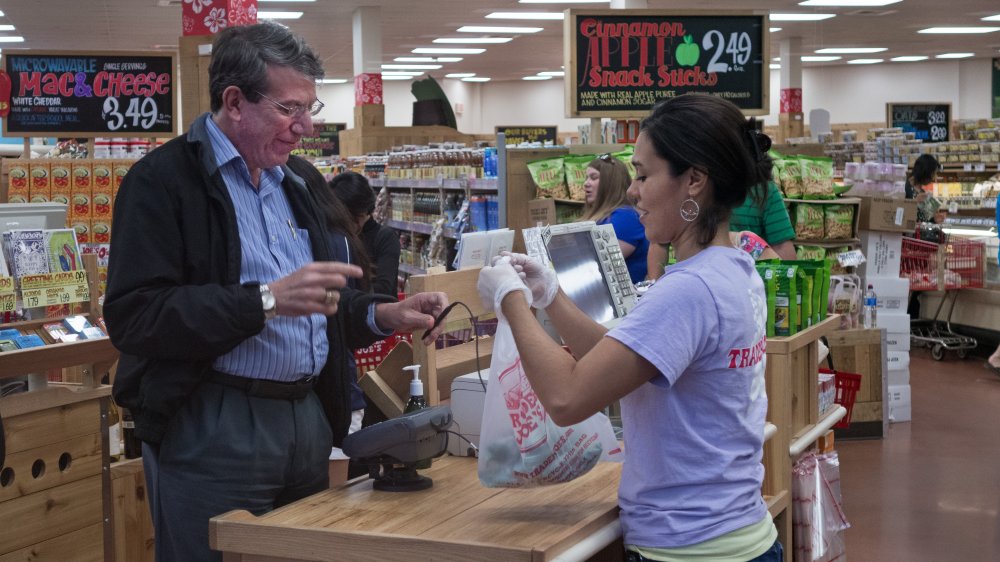Nir Eyal, author of Hooked, recently suggested that products are becoming increasingly addictive. Three macro-trends are driving that, he told me, and together they are lifting the addictive potential of all sorts of products and services:
- Companies are now able to collect more data about user behaviors;
- Interactive technology is more accessible; and
- The transfer of data is happening faster than ever before.
You don’t have to look far to see consumers heavily engaging with the apps they have integrated into their lives. Facebook, Twitter and LinkedIn are all obvious but Marie Claire cites research that shows there are now 50 million active users on Tinder. On average, they check their accounts 11 times per day and spend an average of 90 minutes per day doing so. In the words of Led Zeppelin, that’s a whole lotta love.
Here are seven reasons why I think that’s happening:
- Universal need – great apps cater to something that all humans recognise as desirable. In the case of Tinder, everybody wants company.
- Simple – it’s easy to use, and there’s some sort of distinctive ritual that makes it what it is. In Tinder’s case, you swipe. In Pinterest’s case, you pin.
- Mobile – people can “check in” on the run, and they can do so through their devices.
- Repeatable – this is something that people can do on a daily basis – in fact, many times per day.
- Rewarded – there’s rewards for continuing to check in, and as Nir Eyal points out in his book, those rewards are variable, making them more intriguing and addictive.
- Social – the focus is on the individual but the app also enables them to engage with other people.
- Safe – there are enough safeguards built in for people to feel that they are not taking an undue or unforeseen risk. We could debate the reality of that – but the perception is certainly there.It got me wondering, if addictiveness is more and more crucial to success, whether more brands need to be shaping their product lines and their experiences/interactions around some version of Nir’s Hooked Model? Do brands need to behave more like apps in an increasingly mobile world? Technology brands do already of course. But what if you extended this approach into areas that are less wired? If brands worked harder to game-ify decision making and engagement, is it possible to make the things people do every day feel less everyday?
Could habit also be the elusive link between mobile devices, retail and online? Ultimately, will omni-channel live or die on its ability to create and satiate habits? If so, that would be a major shift in emphasis it seems to me: from an approach focused on access via multi-channel service delivery to one intent on driving, reinforcing and fulfilling powerful brand habits in a range of ways.
There’s implications here too for how we might rethink selling. In B2C at least, brands probably need to be looking to entice consumers down what Nir Eyal refers to as Habit Paths rather than continuing to rely on sales funnels – and using data, accessibility and speed to cultivate relationships that align with wider social behaviors rather than brand-specific needs.
If you rethought coffee from the point of view of those hooking qualities – data, accessibility and speed – what would it do not just to what you sold but also the context within which sales and interactions took place? After all, as Peter Diamandis points out, coffee, innovation and connectivity have a long history of association.
Finally, a fun side-note to help decide the likeability of most advertising. If the ads that pepper mainstream TV were on Tinder, how many do you think would get a swipe right from you and how many would go left?
The Blake Project Can Help: The Brand Positioning Workshop, the Brand Storytelling Workshop Series and Brand Strategy and Customer Co-Creation Workshops
Branding Strategy Insider is a service of The Blake Project: A strategic brand consultancy specializing in Brand Research, Brand Strategy, Brand Licensing and Brand Education




